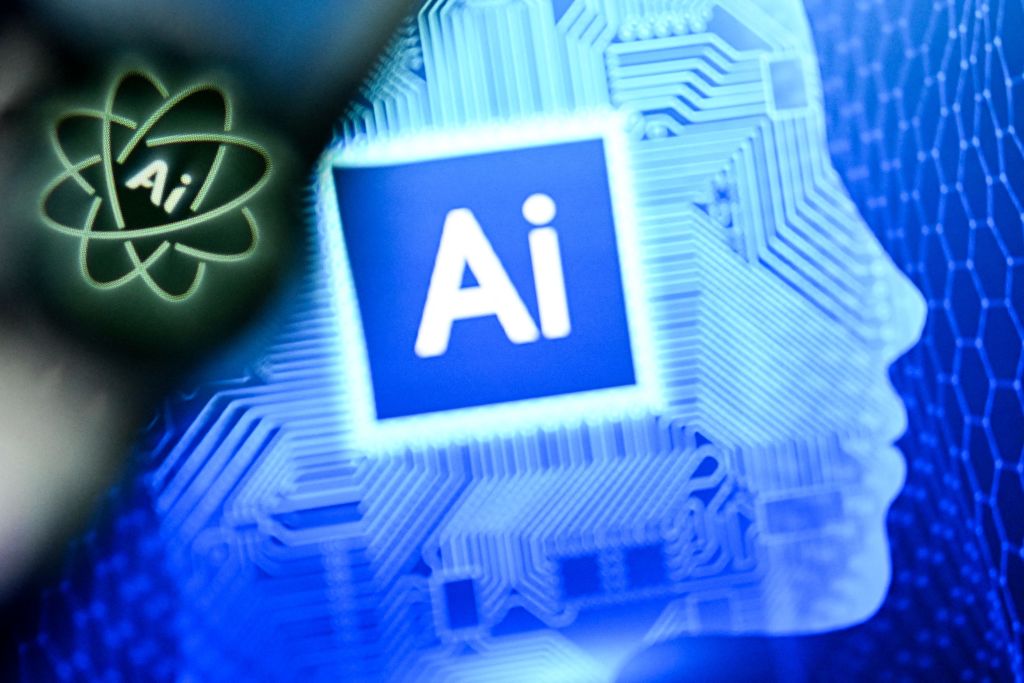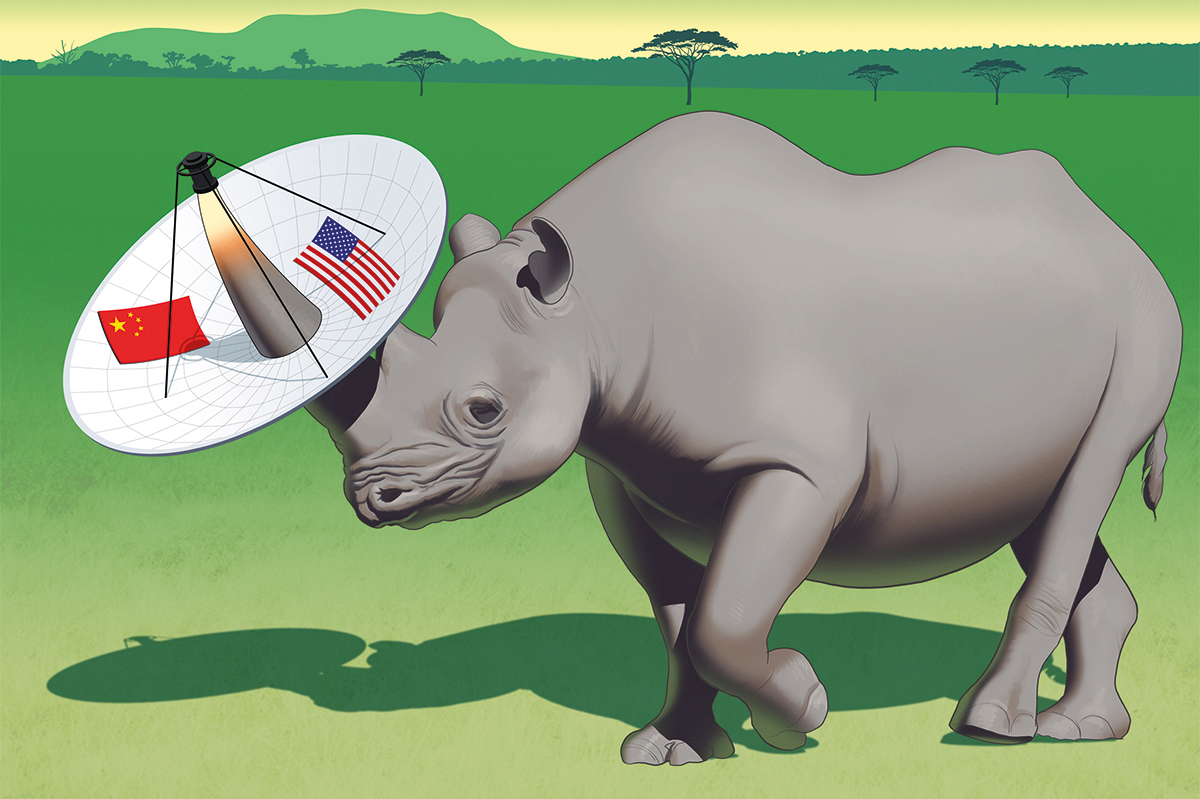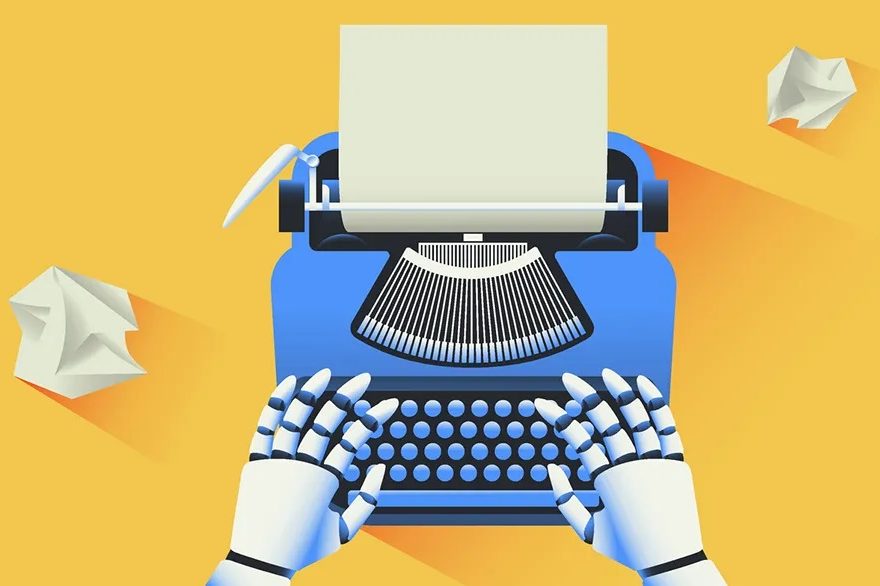Whether on British television news panels or late-night TV in America, it is hard to get away from talk about artificial intelligence (AI). Even the president of the United States has weighed in on AI, introducing an “AI Bill of Rights.”
The popular thing is to amplify the current media narrative — that AI will render millions jobless. It will eventually become more powerful than humans and destroy its creators. Just Google “AI doomsday” and then run and hide under the covers.
I will be the first to admit that all technology has a dark side. Email came with spam and scammers; mobile phones came with robocalls and endless tracking by companies like Facebook. Artificial intelligence, too, will be used for nefarious purposes.
But there is a more pragmatic way to think about all this. We should think of AI as augmented intelligence, not artificial intelligence, and open our eyes to the positive impacts this technology is having. We live in a complex, data-saturated, increasingly digital world. Our institutions and information flow at the speed of the network — and we need help to make sense of it all. As a species, we are forced to move and react faster. If anything, the demands on our time have multiplied.
A recent IBM report claims that 2.5 quintillion bytes of data are created each day. This is the equivalent of creating 3.6 new copies of the entire digital universe every minute! How do you make sense of it all? You must use technology to help read and digest.
When I think of the potential of AI, I think of the software systems that look through millions of scans, that can identify and flag signs of breast cancer. It helps doctors be more vigilant and better armed in order to save lives. Our data-saturated world needs such tools to identify patterns, trends, and correlations.
A recent study at ETH Zurich had researchers use algorithms to find a better and faster way to discover the antimicrobial resistance of bacteria. The researchers fed the algorithms 300,000 mass spectra of individual bacteria — the resultant dataset of over 800 different bacteria and over 40 different antibiotics can help inform systems that could start to distinguish resistant bacteria from those that are responsive to antibiotics. What it means is faster discovery and, thus, faster cures.
The bacterial study only reinforces the point that AI is helping to augment humans in their ability to do things better. And augmenting human capabilities isn’t just about finding cancer or cures; even our everyday tasks can be improved.
Earlier this fall, at its annual conference, the San Jose-based software giant Adobe Systems introduced new versions of its popular tools such as Adobe Photoshop and Lightroom. This year’s product enhancements tapped into Adobe’s “artificial intelligence” technology, Adobe Sensei.
The new Sensei-powered software now helps eliminate scratches and other minor imperfections from old family photographs; it detects a person within a photograph and then creates masks that target their face, body, eyebrows, lips, teeth, mouth, and hair. The Sensei AI can make intricate selections of complex objects. The list of features is long and impressive, and the underlying theme is that AI is helping to automate complex and repetitive tasks.
As a Photoshop user, the enhancements are welcome and a big-time saver. Selecting objects or faces alone would take an hour. With the new versions of Photoshop and Lightroom, I can achieve my goals within seconds. AI is helping augment my capabilities.
Historically, technology has made things easier, faster, and cheaper. Whether it was the wheel, the steam engine, the telegraph, or the transistor, tech has allowed us to make the world move faster and to keep pace with it. That is how we should think of AI. The sooner we do, the sooner we can start talking about how best to use it to improve our lives and our world.
Sadly, that won’t make much of a punchline for the comedians or nightmare fuel for those who see technology as the root of all evil in the world.
























